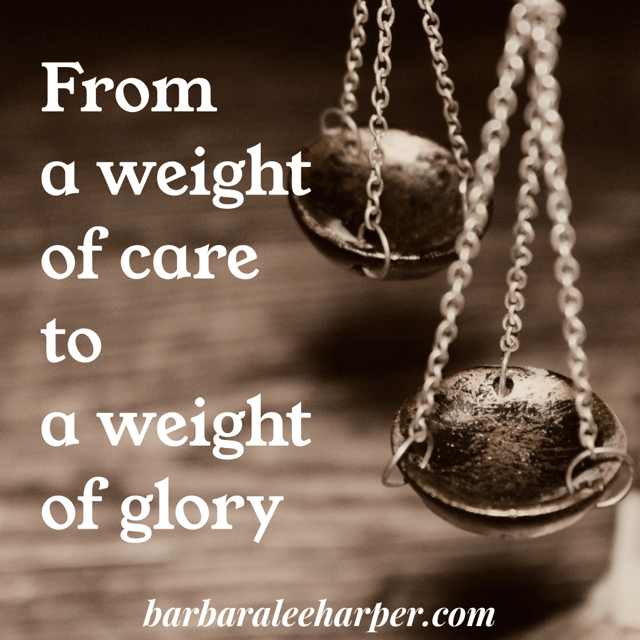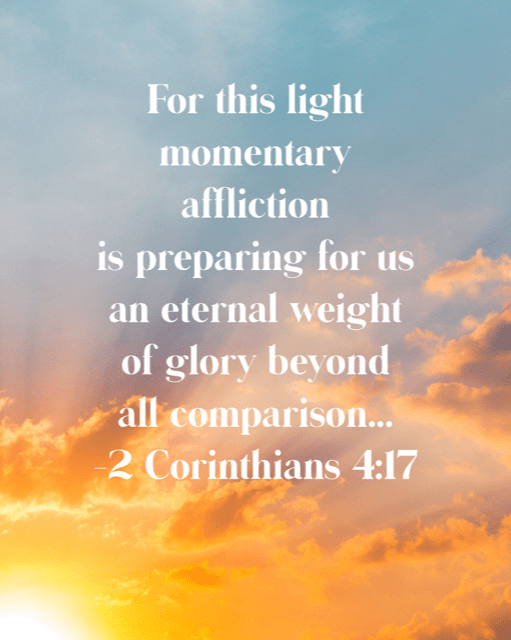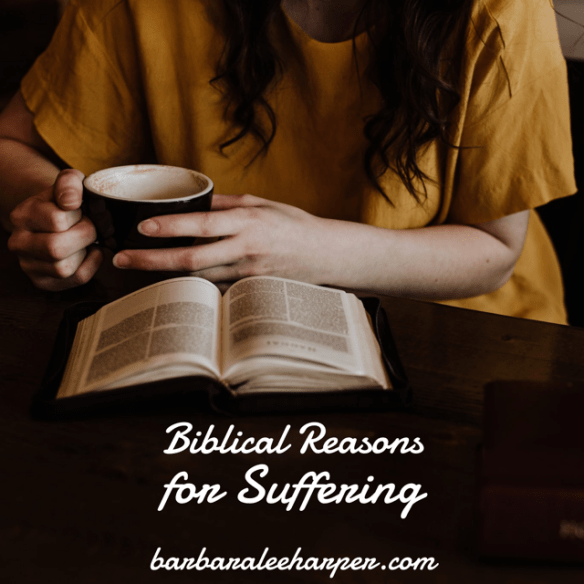Though many illnesses and injuries are unseen, we often have a clue when someone is hurt physically. A big bandage or cast. Crutches. A cane. Paleness. Lack of their usual vigor or energy.
But when someone is wounded in spirit, we often can’t tell. Some are quite vocal about what’s going on in their hearts, but others are not.
And even if we are aware that someone is in spiritual, emotional, or mental pain, we forget that it takes time to heal, just like a physical wound does.
These thoughts led me to some other parallels between wounds of the flesh and spirit.
Cleansing. One of the first things we do with a physical wound is clean it out. If someone’s leg was gashed open by an animal or branch, stitching the tear without cleaning is an invitation for infection to set in. Disinfecting can be more painful than the original wound, but it saves pain in the long run.
When we’re wounded in spirit, it’s easy for infection to set in as well in the form of hatred, revenge, bitterness, or unforgiveness. Though everything in us might want to lash out, we need to apply God’s truth to our situation. Holding onto those negative reactions will only cause us more pain. We can look to our Savior, who, “When he was reviled, he did not revile in return; when he suffered, he did not threaten, but continued entrusting himself to him who judges justly” (1 Peter 2:23).
Medicate. The next step in treating an open wound is to apply an antibiotic and pain reliever to kill germs and aid healing.
We can aid our spiritual healing by soaking ourselves in God’s Word. We can pour out our hearts with the psalmists, who experienced multitudes of inner pain: betrayal, friends turned to enemies, loneliness, guilt, and so much more. Through their anguish, they reminded themselves of God’s loving care and restored their peace.
Protect. A wound needs to be protected from dirt and germs, but also from being bumped. I broke and dislocated my little toe several years ago. Not only was it gently taped, but I had a big medical “boot” to support and protect it. Even with that protection, though, I walked slowly and gave doorways and corners a wide berth the first couple of weeks.
When people’s hearts are wounded, we often forget this step. We encourage them to forgive and trust God, but we forget that they need to be protected. Sometimes people in the church concentrate on restoration of the offender, which they should—but they need to help the wounded heal and protect them as well.
Time. It takes time to heal. There’s just no way to get around it or hurry it. God made our bodies marvelous in their ability to recover. But the process is not instant. While a person heals, they usually need extra rest and a cessation of some of their usual activities.
We forget that emotional and spiritual wounds take time to heal, too. Scripture is absolutely essential to healing, but we don’t apply it like a Band-aid and expect instant results.
So far I’ve been thinking in terms of wounds inflicted by others. But even grief from the loss of a loved one will require rest time and often a lightening of activities, depending on the individual. For more than a year after my mother passed away, I couldn’t endure loud, frothy gatherings. It’s not that I was morose and never laughed. My aunt said something that made us all laugh during my mother’s viewing before guests came, and that helped so much. I didn’t closet myself away from others. But I didn’t go to as many gatherings as I might have otherwise. I remember almost wishing we still had formal seasons of mourning, so “normal” activity would not be expected.
Negative responses. A wounded animal will often snarl and nip at the hand trying to help it, not understanding the intention. Illness isn’t an excuse to blow up at others, but when we’re wounded physically, we might find ourselves struggling to respond patiently to others. I tend to get weepy if I am sick or in pain for very long.
Wounded hearts may also struggle in their responses. They may not understand their need for help. They may not be able to sort out the emotional or mental issues and just think they’re having spiritual problems and need to “get right.” Or they may sense they need help, but others, like Job’s friends, treat their needs as spiritual problems to be fixed rather than emotional wounds which need healing.
Help. When we’re physically hurt, we need help from others. Sometimes we need the aid of a crutch or wheelchair for a while. Sometimes we need others to help us get around, bathe, go to the doctor. I’ve been abundantly blessed when ill by people who provided meals, watched my children, took them to the park for an outing, or cleaned my bathroom floors.
We need help from others when we’re wounded inwardly as well. We may just need someone to listen, cry with us, pray with us. Or we may need professional counseling. There’s no shame in needing help to cope. We should be available and willing to support each other.
Scars. Sometimes physical wounds leave a scar. Some say their healed broken bones ache when bad weather is coming. Some illnesses, like a heart attack or stroke, leave changes in our ability to function even when the original illness has been treated and healed. Nerves that have been affected may cause numbing or shooting pain or odd sensations.
Inward wounds can leave lasting results as well. Some areas of our hearts may remain a sensitive.
Post-traumatic stress. I read the account of a woman who had been hit by a bus while crossing a street. She said even a year later, some traffic situations caused anxiety. After I recovered from transverse myelitis, loud, busy places would set my nerves on edge. Since my illness started with my left hand feeling numb, like I had slept on it wrong, that feeling in any part of my body would cause panic. It’s not so much of a problem now, twenty-eight years later: I know those weird sensations come and go and don’t mean another attack is imminent.
Those with wounded spirits experience triggers as well. A woman who has been attacked may shy away from dark lonely places and may panic at feeling pinned down. Someone who has suffered a home invasion may start at any weird noise.
Some post-traumatic responses may fade over time. Some may not.
Results. Suffering a wound or illness can make us more compassionate to other wounded people. Some who have suffered at the hands of others have championed causes to help battle the offense, like Mothers Against Drunk Driving.
Suffering spiritually or emotionally can help us be more compassionate as well, more sensitive to those in need. The “God of all comfort . . . comforts us in all our affliction, so that we may be able to comfort those who are in any affliction, with the comfort with which we ourselves are comforted by God” (2 Corinthians 1:3b-4).
Grace. Whatever God has allowed to happen to us, inwardly or outwardly, He doesn’t leave us alone to flounder. Many people who undergo trials will say that while they would never have chosen them, they’d never want to trade what God taught them during that time or the closeness they felt to Him.
We need His grace not only to heal, to get through the inconveniences and irritations of treatments and recuperation, but also for the aftermath as well. Some illnesses leave us a “new normal” or with new limitations. But He wants us to depend on Him. God’s grace is sufficient for all. “God is able to make all grace abound to you, so that having all sufficiency in all things at all times, you may abound in every good work) (2 Corinthians 9:8). He promises His strength in our weakness (2 Corinthians 12:9-10).
This is a larger topic than one blog post can cover. A few weeks ago I wrote about ways to heal from past hurts. There are many reasons God allows suffering and many aspects of healing and ministering to each other.
But we can seek God’s grace to be tender, patient, kind, and sensitive to each other’s needs. We can ask His wisdom for the best way to help and to point others to the One who “heals the brokenhearted and binds up their wounds” (Psalm 147:3).
(I often link up with some of these bloggers.)














